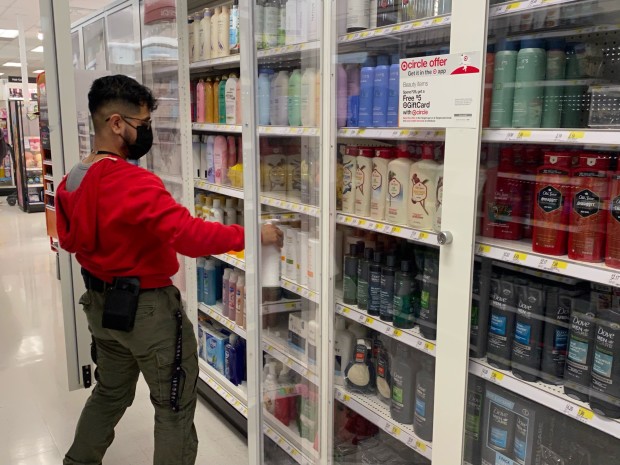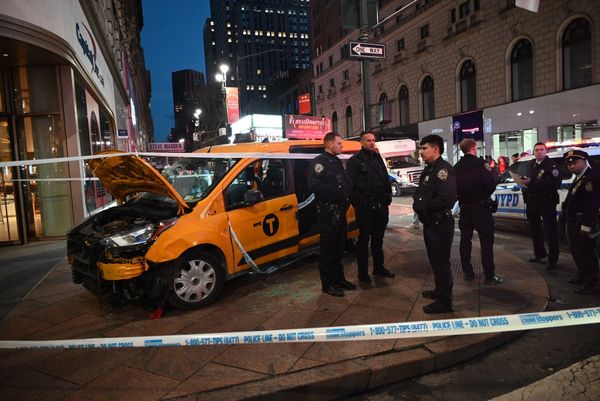
One economic sector that's undergone some of the sharpest changes over the past several years has to be U.S. retail.
For the stores that survived the covid pandemic -- a small miracle in and of itself -- financing suddenly became much harder to come by as interest rates soared in an attempt to solve high inflation.
DON'T MISS: An iconic business in San Francisco just closed after nearly 30 years
Others have found sticking around increasingly difficult not because of changes in monetary policy but because of changes in foot-traffic patterns. People have moved out of large cities, leading to store closures in formerly bustling downtowns.
But one of the biggest drivers of retail trouble has been theft, or what's known in the industry as inventory shrink.
Wherever you are, retail theft is severe. Some of the country's largest retailers, including Walmart (WMT) -), Target (TGT) -), and Home Depot (HD) -), have been outspoken about the issue, sounding alarms that their bottom lines are hammered thanks to a rise in theft and crime.
Stores like drugstore giant Walgreens (WBA) -) have resorted to chaining up high-interest items that often are shoplifted, including frozen foods and cosmetics.
But it's not just company CEOs who are raising the issue. Matt Shay, chief executive of the National Retail Federation industry group, told Fox Business that the problem is growing, and pros need to step in before it's too late.
Retail group's boss raises the temperature on theft
"This is a huge and growing problem, a persistent threat that's gotten much worse in the last several years," Shay said the channel on Wednesday. "This is stealing at the end of the day."
"We've documented [that] organized retail crime in this year is going to be more than $100 billion," Shay added. "That's probably underreporting the amount of theft that goes on."
Shay placed some of the blame squarely on law-enforcement policy, which he said has been relatively soft on crime like shoplifting in stores.
"There are lots of contributing factors here that go back many years, some of which go to the way in which we classify these crimes," he said.
"So property crimes, no longer felonies, misdemeanors in states and jurisdictions across the country … prosecutors deemphasizing prosecution of these crimes; police forces understaffed, making priority decisions about other places to put their resources not able to pursue these crimes. … There's a whole bunch of factors."
Retailing group wants tighter approach to theft
Shay and the retailing group have been advocating for reform and legal change that would address theft more strictly across the country.
Senate bill S. 140, the Combating Organized Retail Crime Act of 2023, aims to change how theft is prosecuted and combatted.
The retail federation has been working to get the bill passed and meantime is pushing the states to take matters into their own hands. For now Shay suggested that the problems will persist and make it less safe for honest customers to shop.
"There have been tragedies," he explained. "There have been people killed, badly injured. The level and incidents and violence that goes on now that we never saw at this level before.
"But ultimately the losers are those communities, those customers. They don't have the goods. The goods are locked up. They're out of stock or the stores close."
Action Alerts PLUS offers expert portfolio guidance to help you make informed investing decisions. Sign up now.







